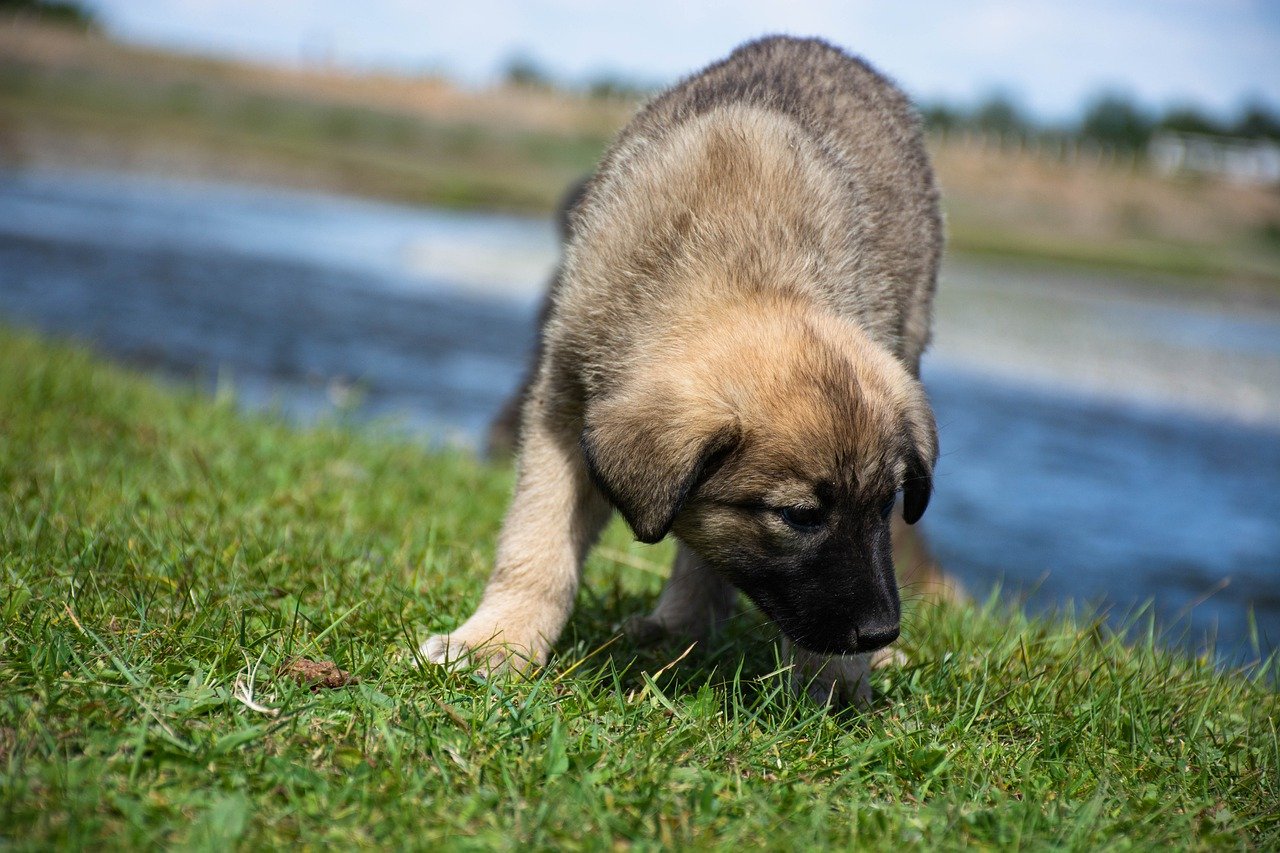Have you ever watched in bemusement as your furry friend happily munched on a patch of grass during your morning walk? This peculiar behavior, common across all breeds and ages of dogs, has puzzled pet owners and veterinarians alike. The question, “Why do dogs eat grass?” invokes various theories and speculations. While it may seem unnatural for our predominantly carnivorous companions to graze, there are several reasons why dogs may engage in this behavior. This article delves into the various explanations, helping dog owners understand whether this habit should be a cause for concern or just a normal part of their pet’s quirky repertoire.
Common Theories Behind Grass Eating in Dogs
- Instinctive Behavior: One prevalent theory suggests that eating grass is an instinctual behavior inherited from dogs’ wild ancestors, who often consumed plant matter as a minor component of their diet. Grass can provide essential nutrients not found in a meat-only diet, which might be lacking in some commercially prepared pet foods.
- Self-Medication: Dogs may turn to eating grass as a form of self-medication. Some experts believe that dogs might ingest grass to induce vomiting when they feel unwell, clearing their stomachs of indigestible substances, such as bits of toys, bones, or hair. However, studies show that less than 25% of dogs vomit after eating grass, suggesting other reasons might be at play.
- Dietary Fiber Deficiency: Another hypothesis is that dogs may eat grass to supplement a lack of fiber in their diet. Fiber is crucial for digestive health, and eating grass may help stimulate intestinal motility, resolving issues like constipation.
- Taste and Texture: Simply put, some dogs might just like the taste or texture of grass. Just as humans might crave certain foods, dogs can develop a preference for the flavor or the sensation of grass in their mouths, especially if it’s fresh and dewy.
Find Out The Top Reasons Dogs Eat Grass
Health Implications: When Grass Eating Is a Concern
While grass eating is generally considered normal for dogs, there are circumstances when it can be a sign of a more serious issue. If your dog consumes grass frequently and obsessively or immediately vomits afterward, it might indicate a deeper gastrointestinal problem or a dietary deficiency. Furthermore, it’s crucial to ensure the grass they consume isn’t treated with pesticides, herbicides, or fertilizers, which can be harmful. Regularly monitoring your dog’s grass-eating habits can help you catch any potential health issues early.
Discover Why Dogs Eat Poop, Grass, And Lick Dirt
How Should Dog Owners Respond to Grass Eating?
Observing your dog’s behavior, including grass-eating habits, is essential as a dog owner. If the behavior isn’t excessive or followed by illness, it’s generally safe to let your dog graze occasionally. However, you should:
- Ensure the grass your dog has access to is free from chemical treatments.
- Provide a balanced diet rich in fiber, which might reduce their need to supplement with grass.
- Observe for any signs of distress or illness after grass consumption.
- Consult your veterinarian if you notice a sudden increase in grass eating or if it’s accompanied by vomiting.
Learn From Vets Why Dogs Munch On Grass
Final Thoughts: Understanding Why Grass Appeals to Dogs
“Why do dogs eat grass?” remains a question with multiple plausible answers. For most dogs, eating grass is a normal behavior ranging from fulfilling a nutritional deficiency to simply indulging in a quirky habit. As pet owners, understanding this behavior can enhance your ability to care for your pet effectively. Always monitor their overall health and diet, and consult a vet if unusual patterns emerge. Doing so ensures that your dog’s grass-eating habits are nothing to worry about but another part of their unique canine ways.







